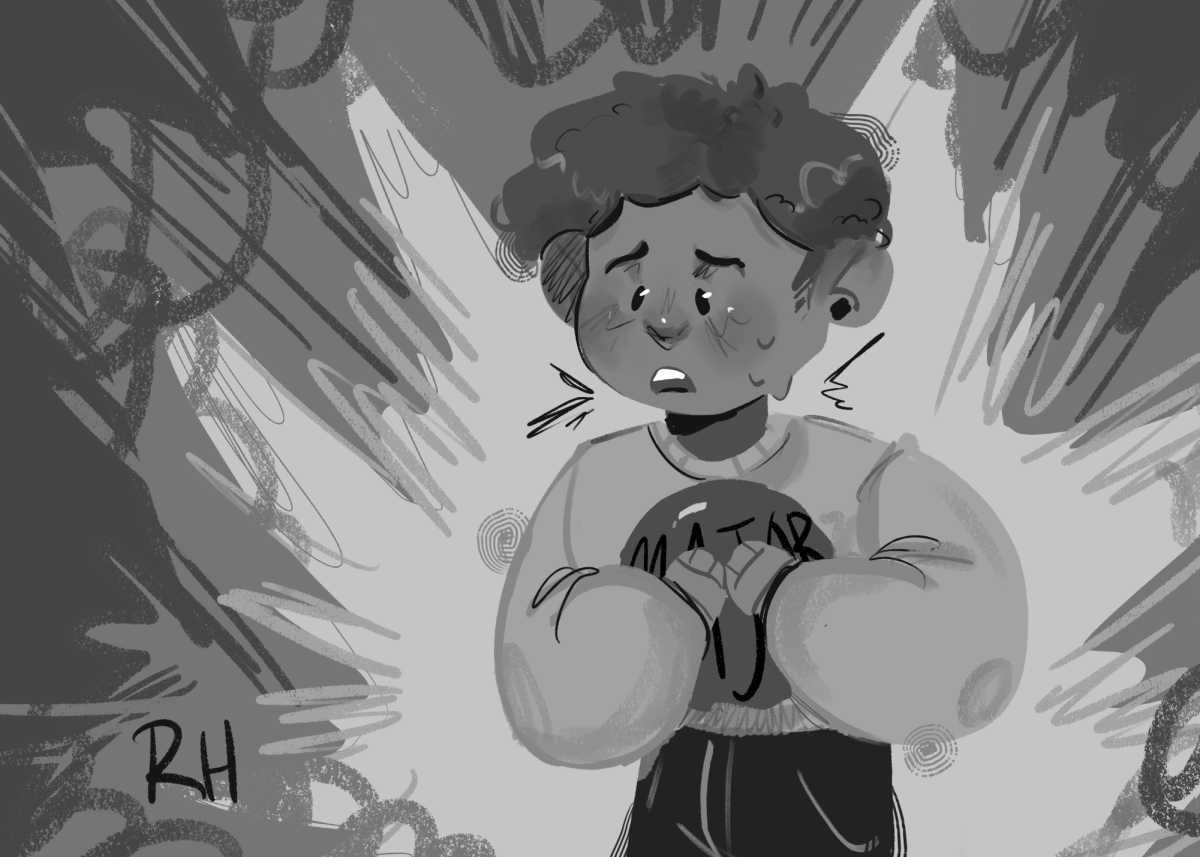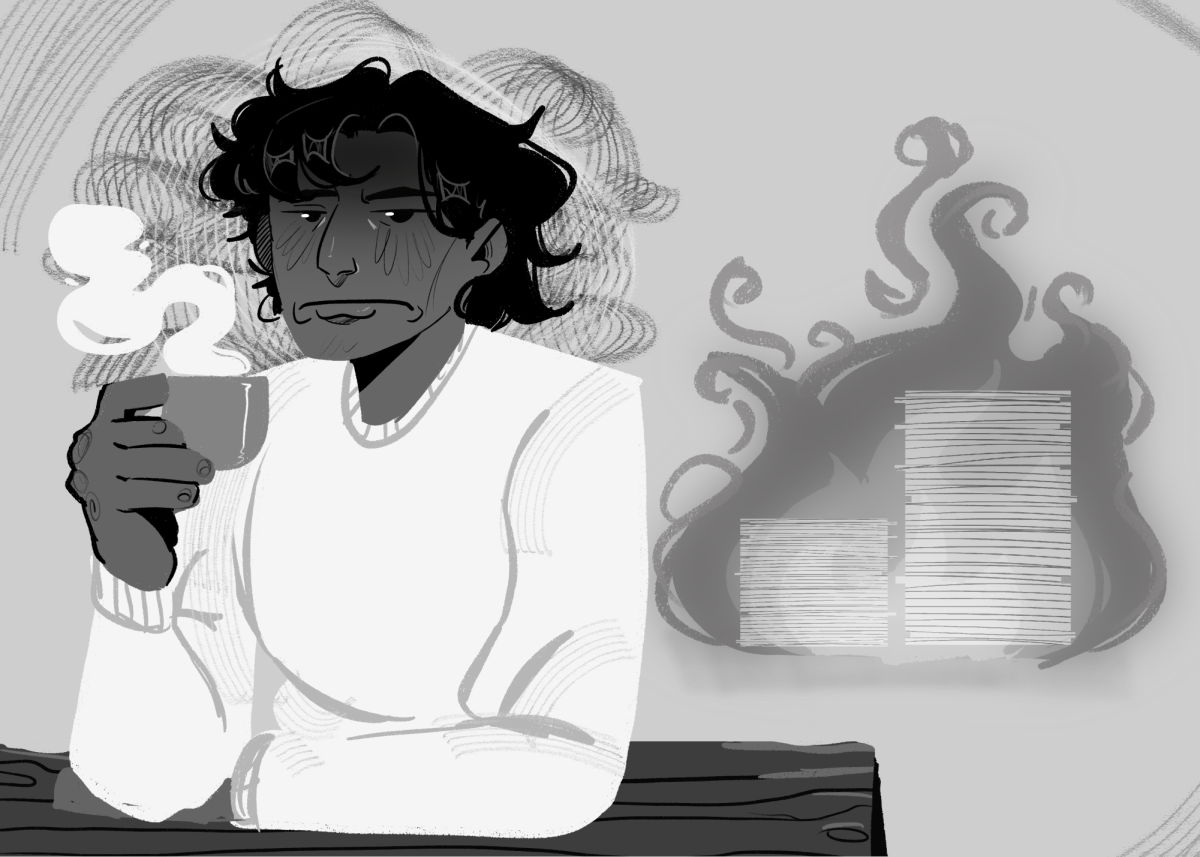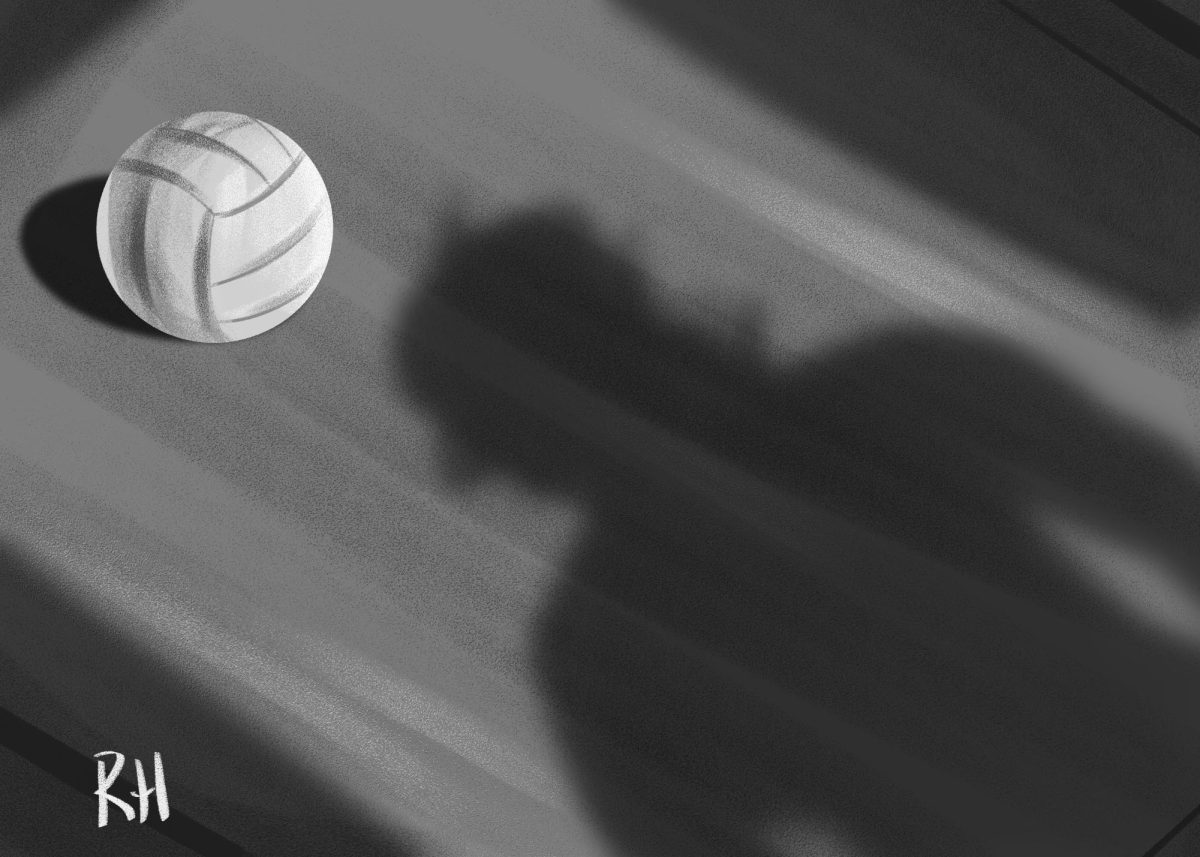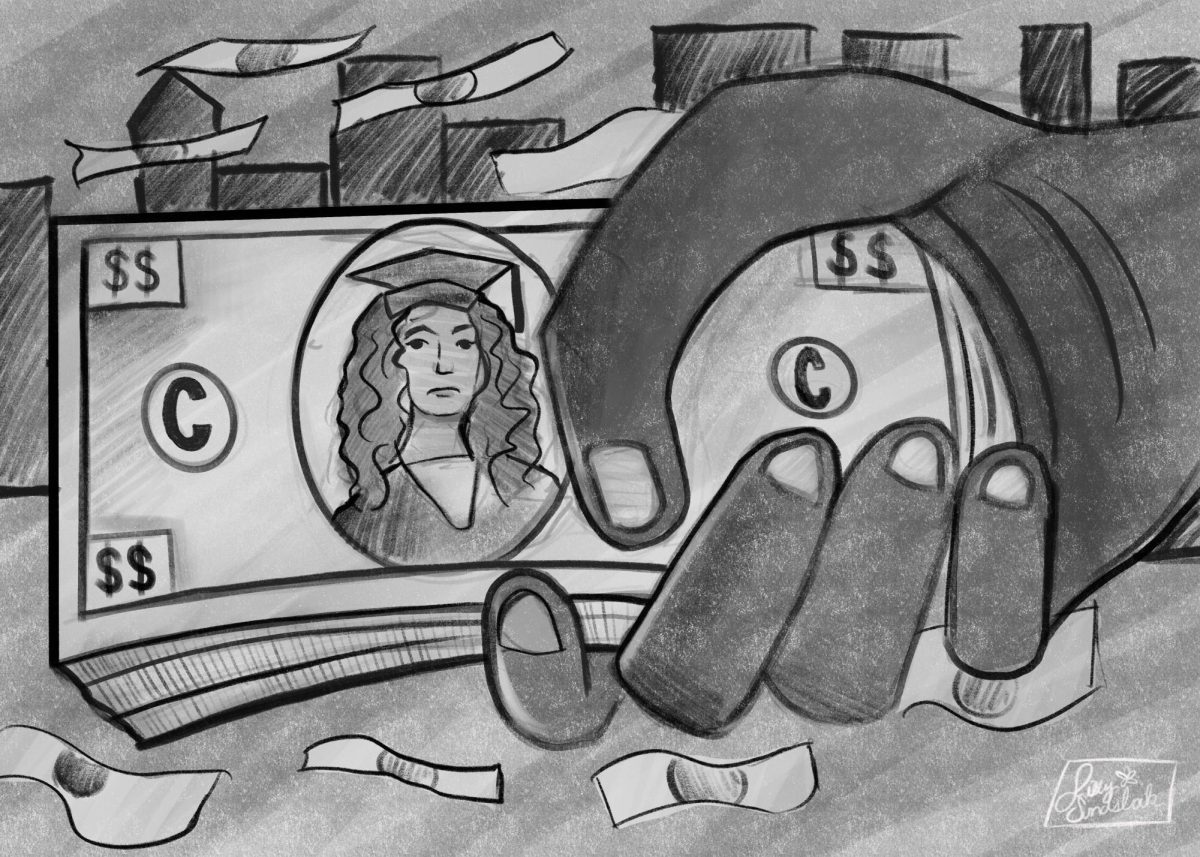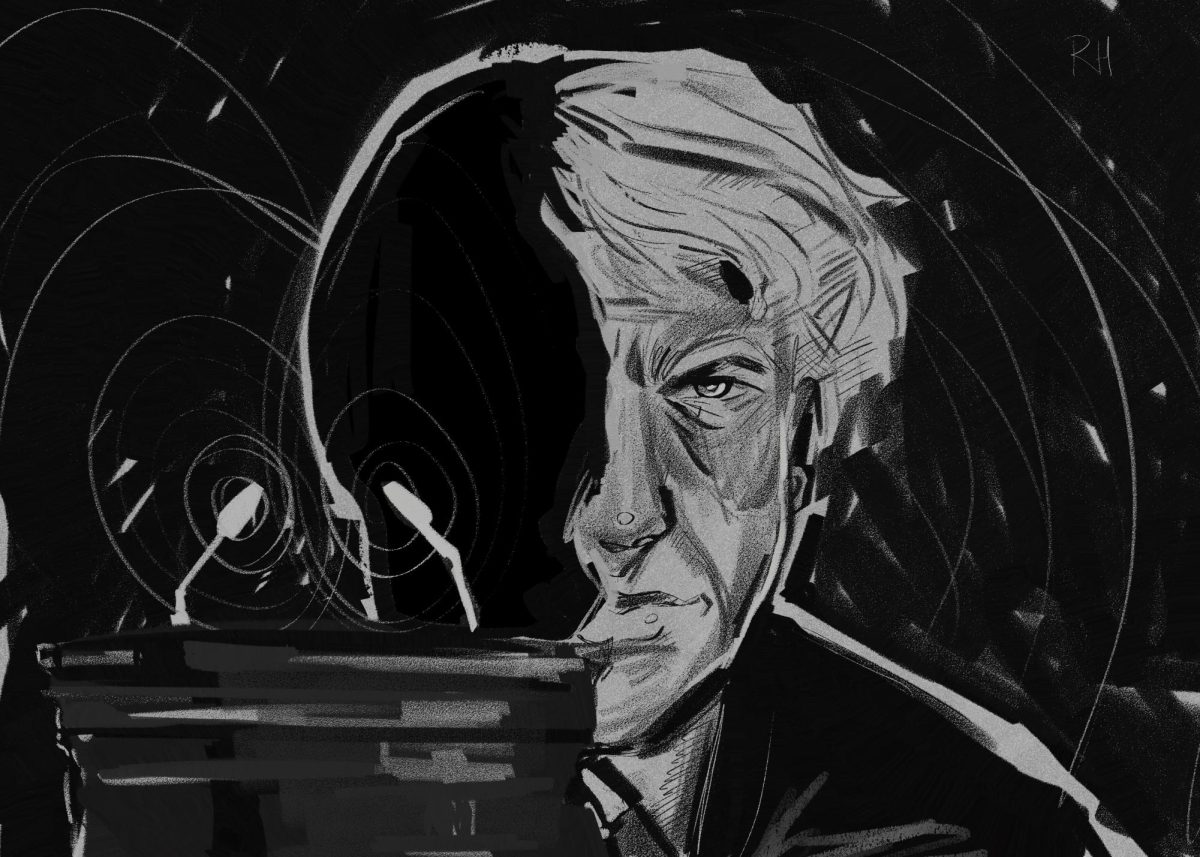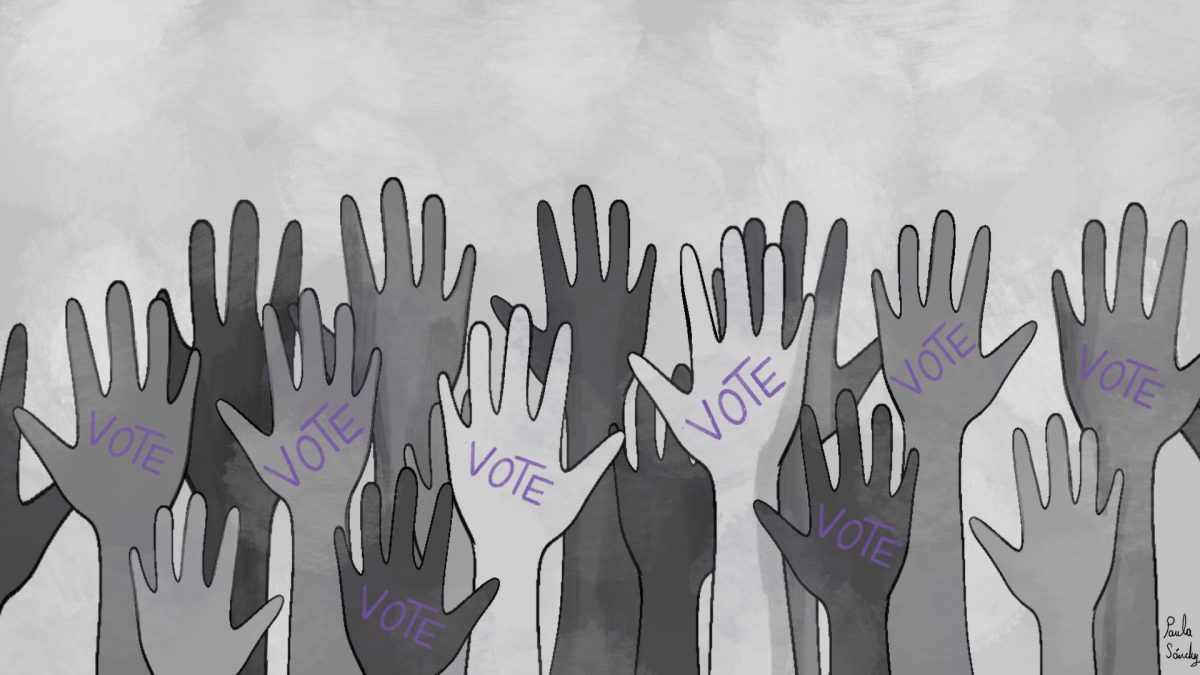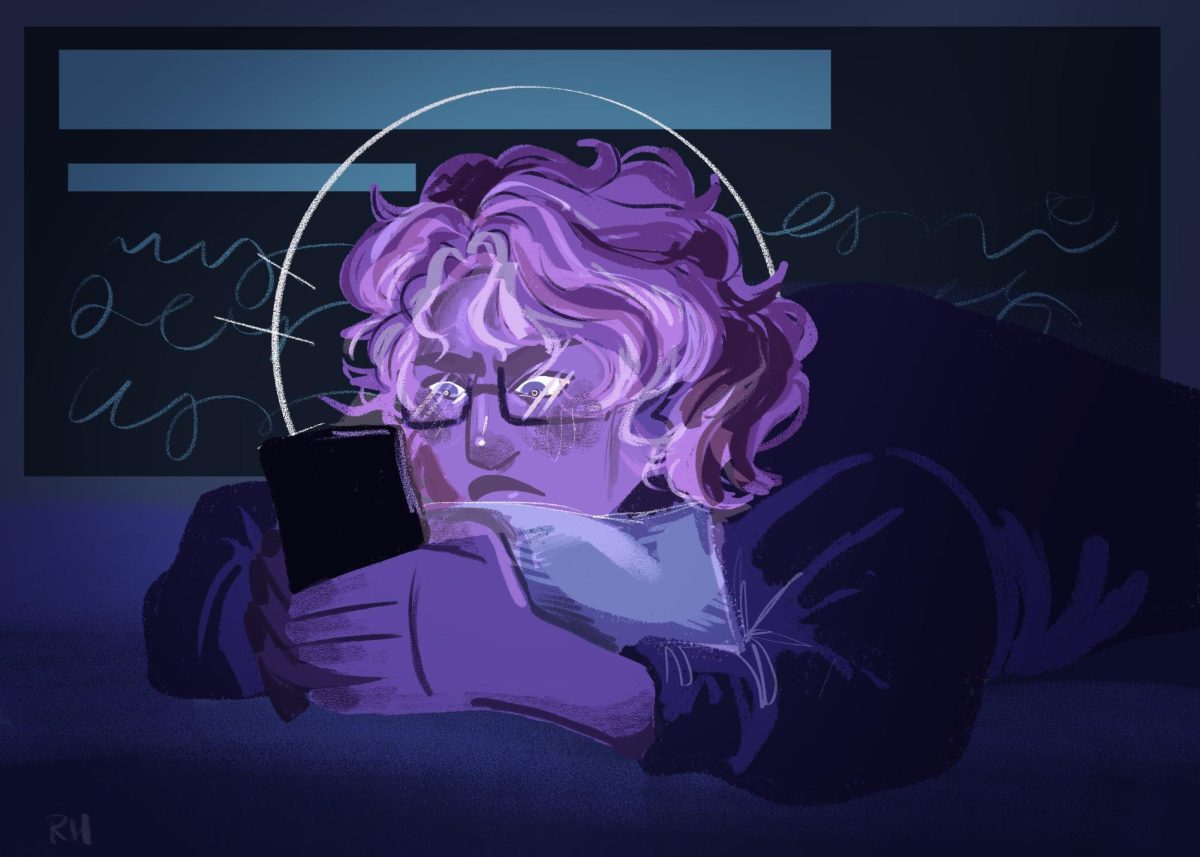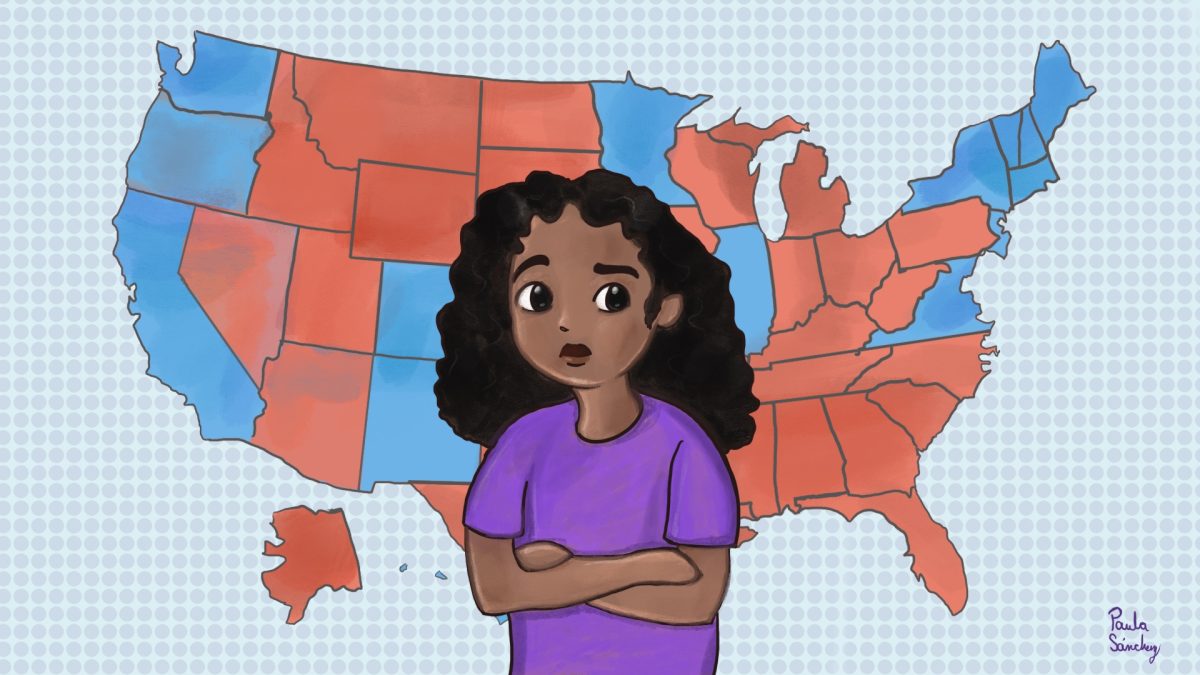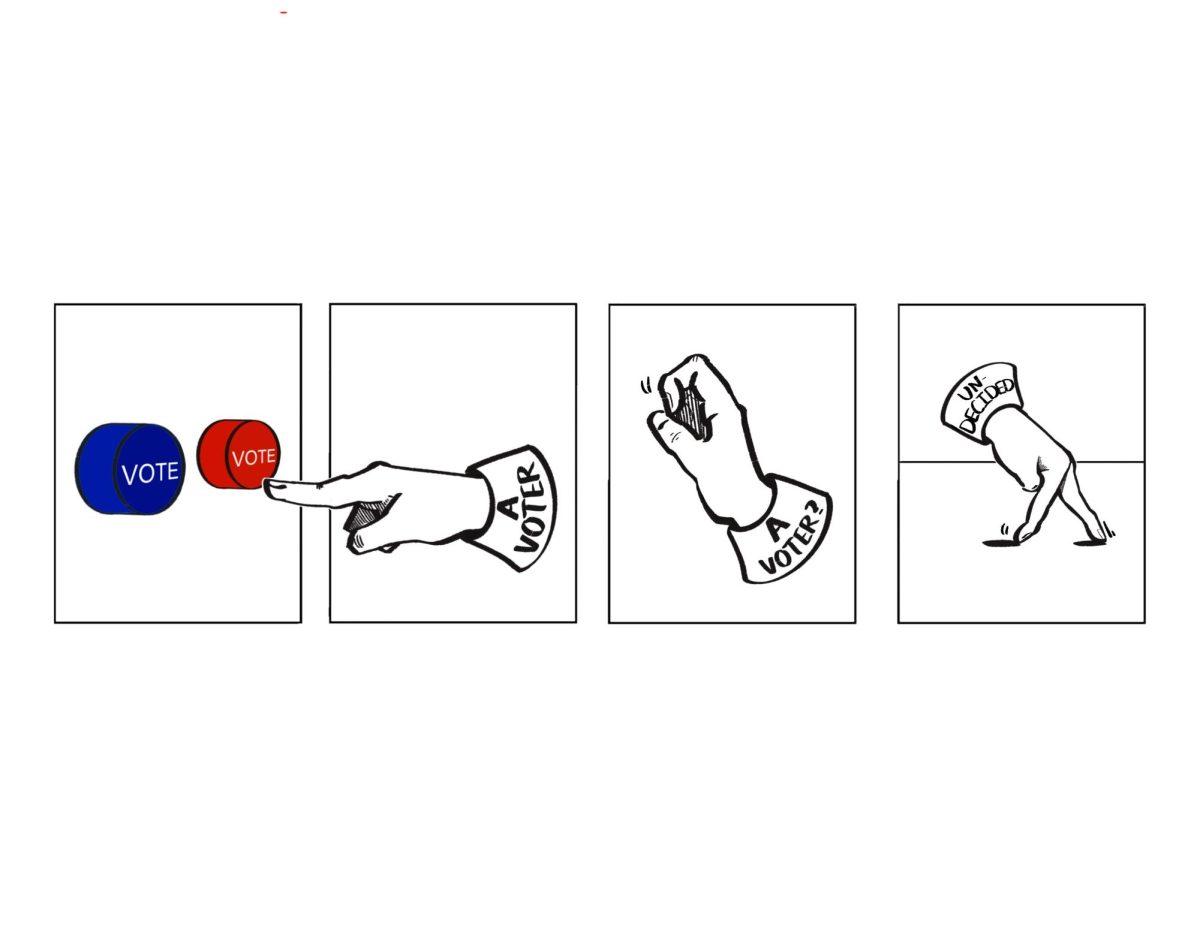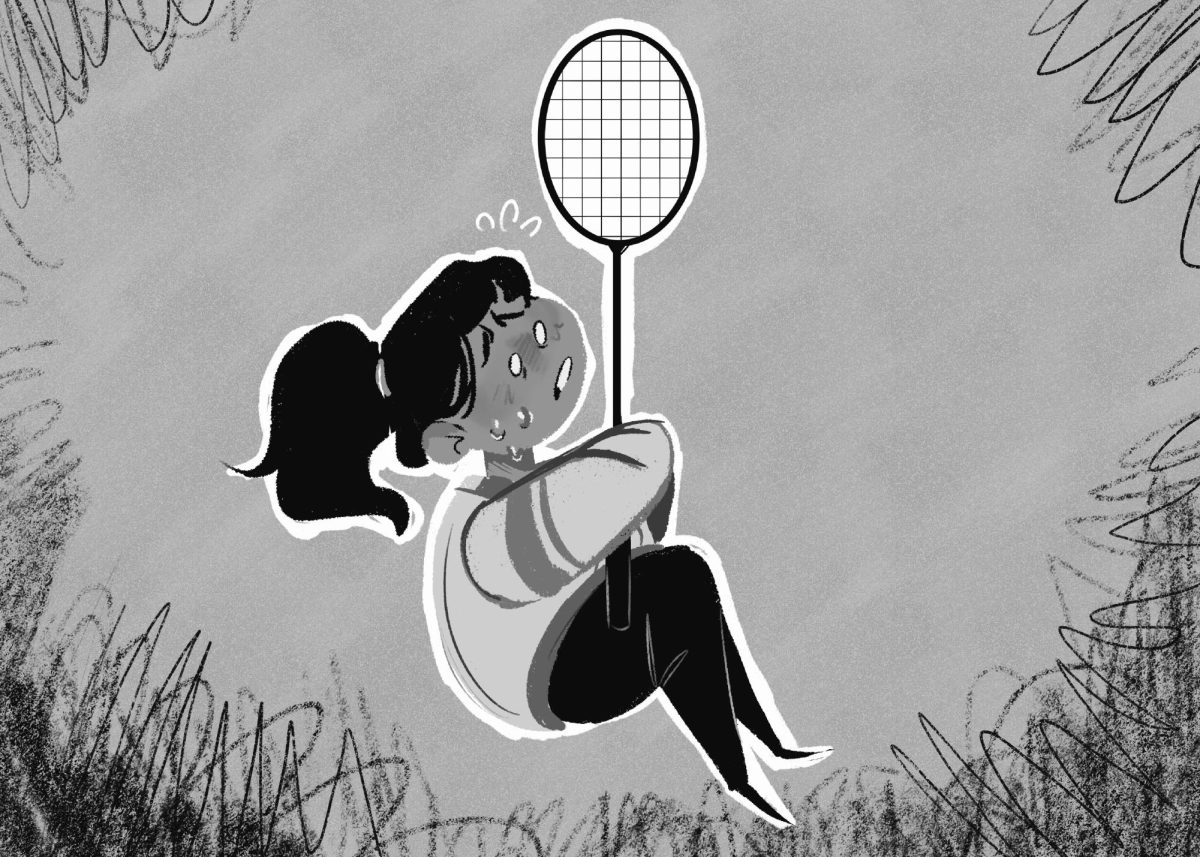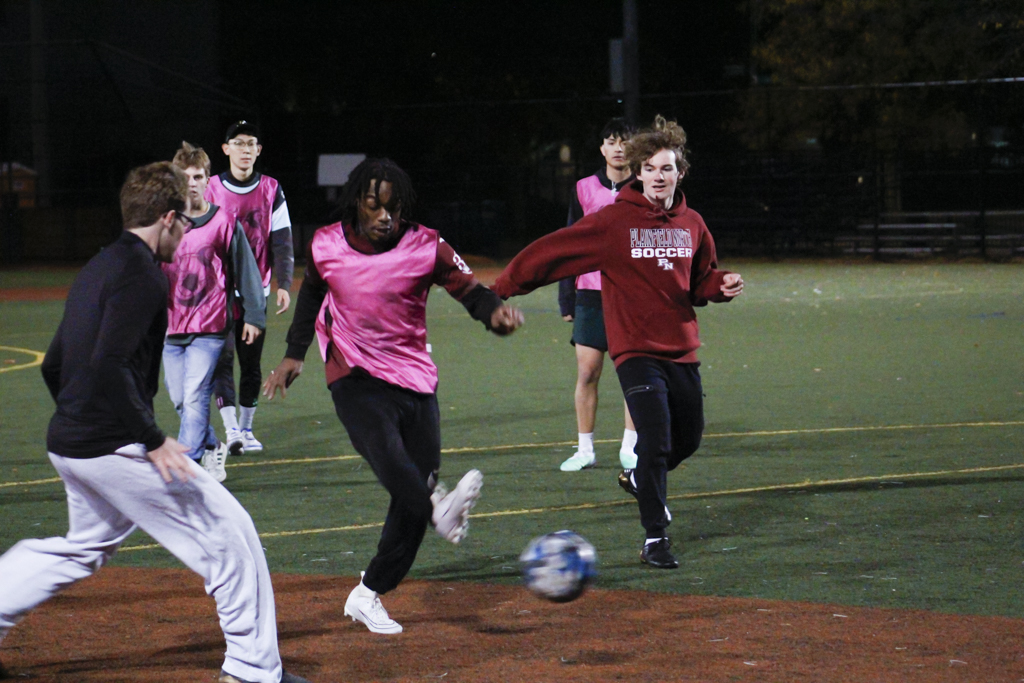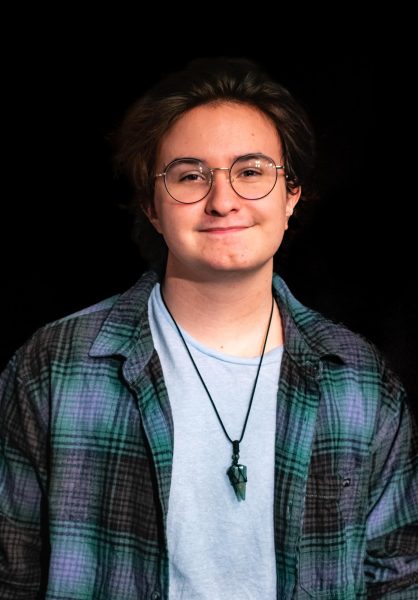In a decision that has left students and faculty with frustration and uncertainty, Columbia College announced plans to eliminate up to 18 majors across its academic programs. The administration’s explanation for these cuts is the need to address the financial deficit and to push for program viability. That may be, but the decision also undermines the very essence of what makes Columbia College unique.
Senior Vice President and Provost Marcella David told faculty that the impacted programs, including American Sign Language, creative writing and cultural studies, are too costly to offer and result in huge losses per student enrolled in these majors. This has contributed to the ballooning deficit. By cutting these programs, the college can focus on strengthening less costly and more popular areas of study.
As students, we didn’t come to Columbia solely for job security or the promise of a conventional career path because that has never been Columbia’s brand, even though that, too, changed this fall. We came for the opportunity to explore our passions in unique and creative fields that may not be offered at other institutions. While we know the college has assured students that they will be able to stay and finish the degrees they came for, we are dismayed knowing that we may be the last to explore some of the impacted majors.
Faculty members who have dedicated years to shaping these programs have expressed shock and sadness, even though some acknowledged that declining enrollment and program costs have to be addressed. Students also have questioned why some of the programs that are particularly unique were cut. ASL Club president Rachel East told the Chronicle that it was shortsighted for the college to discontinue the ASL-English Interpretation program because it is the only four-year bachelor’s degree program for ASL interpretation in the state of Illinois.
Indeed one of the most significant consequences of these cuts is the threat to Columbia’s unique identity, which might have major costs to the school both literally and figuratively. The college has prided itself on its interdisciplinary approach, encouraging students to merge the arts, media and liberal studies in ways other institutions do not. By cutting unique programs, Columbia risks becoming a more conventional school, something its students and faculty argue against.
One potential solution is to reduce the scale of the majors rather than cutting them entirely. This could involve consolidating some courses, which David recommended, or offering them on a rotating basis. Smaller majors could merge into larger ones, retaining some of the academic programming. Columbia could also enhance its online class offerings, allowing students to pursue these programs remotely, which could attract more applicants from outside the normal campus structure. Additionally, partnerships with community organizations or other colleges could allow Columbia to sustain its unique programs while sharing costs to deliver them.
Cutting 18 majors is not just a financial decision, it’s also a cultural shift that hurts the soul of what makes Columbia special to everyone in the community. While change may be necessary and while addressing the deficit absolutely must happen, it is essential that the school work with students and faculty to find solutions that protect Columbia’s unique identity.
Copy edited by Trinity Balboa


